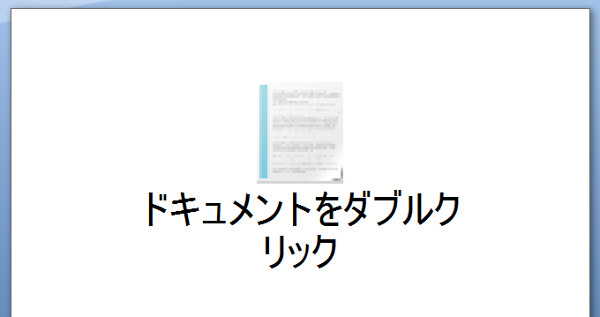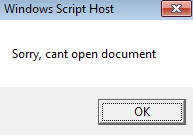JS_DLOADR.SL
JS.Downloader (Norton); TrojanDownloader:JS/Swabfex.P (Microsoft); JS/TrojanDownloader.Agent.QHW trojan (NOD32)
Windows


Threat Type: Trojan
Destructiveness: No
Encrypted: Yes
In the wild: Yes
OVERVIEW
Spammed via email, Downloaded from the Internet, Dropped by other malware
This Trojan arrives as an attachment to email messages spammed by other malware/grayware or malicious users. It arrives on a system as a file dropped by other malware or as a file downloaded unknowingly by users when visiting malicious sites.
It executes the downloaded files. As a result, malicious routines of the downloaded files are exhibited on the affected system.
TECHNICAL DETAILS
3,305 bytes
JS
No
08 May 2017
Downloads files, Displays windows
Arrival Details
This Trojan arrives as an attachment to email messages spammed by other malware/grayware or malicious users.
It arrives on a system as a file dropped by other malware or as a file downloaded unknowingly by users when visiting malicious sites.
Download Routine
This Trojan connects to the following website(s) to download and execute a malicious file:
- http://{BLOCKED}t.northshoreweed.net/014.bin?KbQGLVP
It saves the files it downloads using the following names:
- %User Profile%\AppData\RoamingUoR78.exe
(Note: %User Profile% is the current user's profile folder, which is usually C:\Documents and Settings\{user name} on Windows 2000, XP, and Server 2003, or C:\Users\{user name} on Windows Vista and 7.)
Trend Micro detects the dowloaded file as:
- TSPY_URSNIF.YYSSL
NOTE: The downloaded file may change depending on the server. As of this writing, this is the detection of the downloaded file.
It then executes the downloaded files. As a result, malicious routines of the downloaded files are exhibited on the affected system.
Other Details
This Trojan does the following:
- The malware uses powershell commands in executing its malicious routine.
NOTES:
This malware arrives through a DOCX file. It is embedded and will execute its routine upon activation by the user:

Upon execution of this malicious embedded JS file, it displays the following message box to trick the user:

It does not have rootkit capabilities.
It does not exploit any vulnerability.
SOLUTION
9.850
Step 1
Before doing any scans, Windows XP, Windows Vista, and Windows 7 users must disable System Restore to allow full scanning of their computers.
Step 2
Note that not all files, folders, and registry keys and entries are installed on your computer during this malware's/spyware's/grayware's execution. This may be due to incomplete installation or other operating system conditions. If you do not find the same files/folders/registry information, please proceed to the next step.
Step 3
Search and delete these files
- %User Profile%\AppData\RoamingUoR78.exe
Step 4
Scan your computer with your Trend Micro product to delete files detected as JS_DLOADR.SL. If the detected files have already been cleaned, deleted, or quarantined by your Trend Micro product, no further step is required. You may opt to simply delete the quarantined files. Please check this Knowledge Base page for more information.
Did this description help? Tell us how we did.

